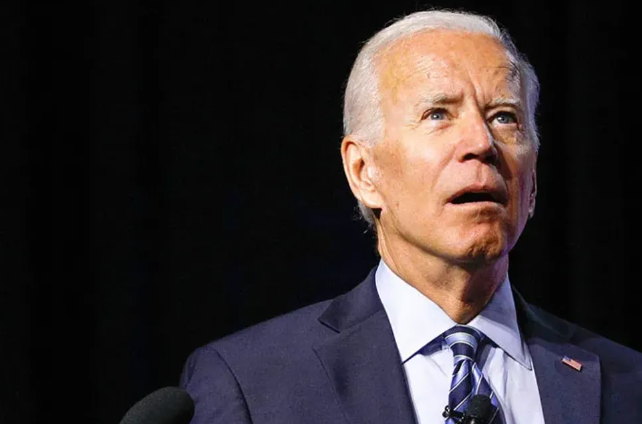$XLI $DIA $BTC
#Biden #Trump #Economy #Tariffs #Manufacturing #Inflation #SupplyChain #USStocks #Crypto #RenewableEnergy #Investors #MarketVolatility
The White House’s senior economic official recently issued a stark warning about the potential implications of some proposed policies from former President Donald Trump, should he reassume power and move forward with raising tariffs and taking drastic actions involving the Inflation Reduction Act (IRA). The adviser cautioned that such moves could throw U.S. manufacturing into disarray and create widespread economic “chaos” in key sectors. This critique comes as Trump has laid out plans to impose higher tariffs on imported goods and curtail federal support for clean energy initiatives under the IRA—measures investors and analysts alike are watching closely for economic ripple effects.
Raising tariffs, as Trump has suggested, may have profound economic consequences. Tariffs often increase the cost of imported goods, cascading throughout supply chains and raising prices on everything from raw materials to finished products. This can exacerbate ongoing inflation concerns, which have been plaguing both consumers and businesses. The proposed rise in tariffs may put upward pressure on industrial sectors like manufacturing, with ETFs such as $XLI (Industrial Select Sector SPDR Fund) potentially experiencing heightened volatility as markets anticipate disruptions to supply chains and rising production costs. For U.S.-centric firms that rely heavily on imported components, profit margins could shrink, dampening stock performance in a time when investors are already skittish about economic growth.
Additionally, Trump’s push to scale back the IRA’s support for renewable energy companies may undercut the burgeoning green energy sector that has played a role in the economic recovery following the COVID-19 pandemic. The IRA provides crucial subsidies, tax benefits, and long-term policy support for clean energy technologies like solar, wind, and battery storage, areas that have attracted significant investment. Curtailing these programs could shift capital away from renewable-focused sectors and companies, possibly impacting broader market sentiment. Stocks tied to clean energy manufacturers or service providers, as well as ETFs with high exposure to renewable firms, may face increased vulnerabilities. In contrast, traditional energy companies may see a short-term boost in value, but at the potential cost of broader climate goals and innovative breakthroughs in energy transition technologies.
These maneuvers could deepen the already-fragile trade relationships with key nations involved in the supply chain, including China and the European Union. The global response could range from retaliatory tariffs to strained negotiations, further complicating an already delicate period for international commerce. For cryptocurrency markets, heightened economic uncertainty from dramatic policy shifts could spark greater Bitcoin ($BTC) adoption as investors seek alternative stores of value. However, federal regulatory scrutiny of crypto markets under additional economic turbulence could dampen any substantial gains in digital assets. The warnings from the White House underscore the broader implications these policy shifts could have—not just for American manufacturing, but also for the global market ecosystem, investor confidence, and long-term growth strategy.







Comments are closed.